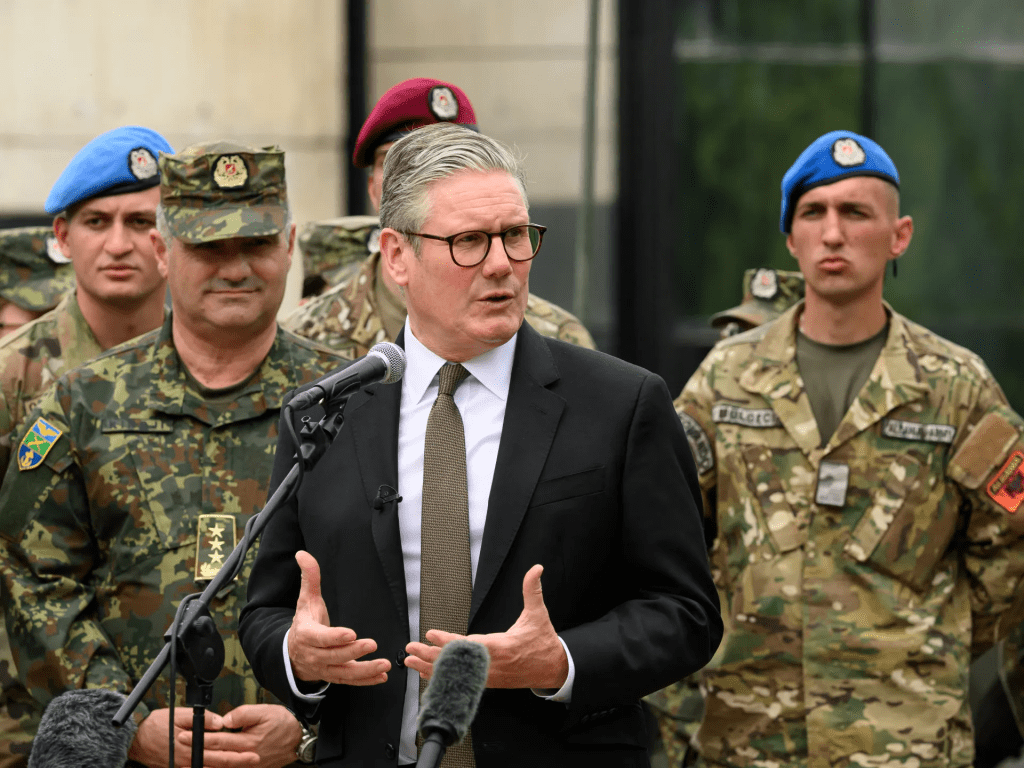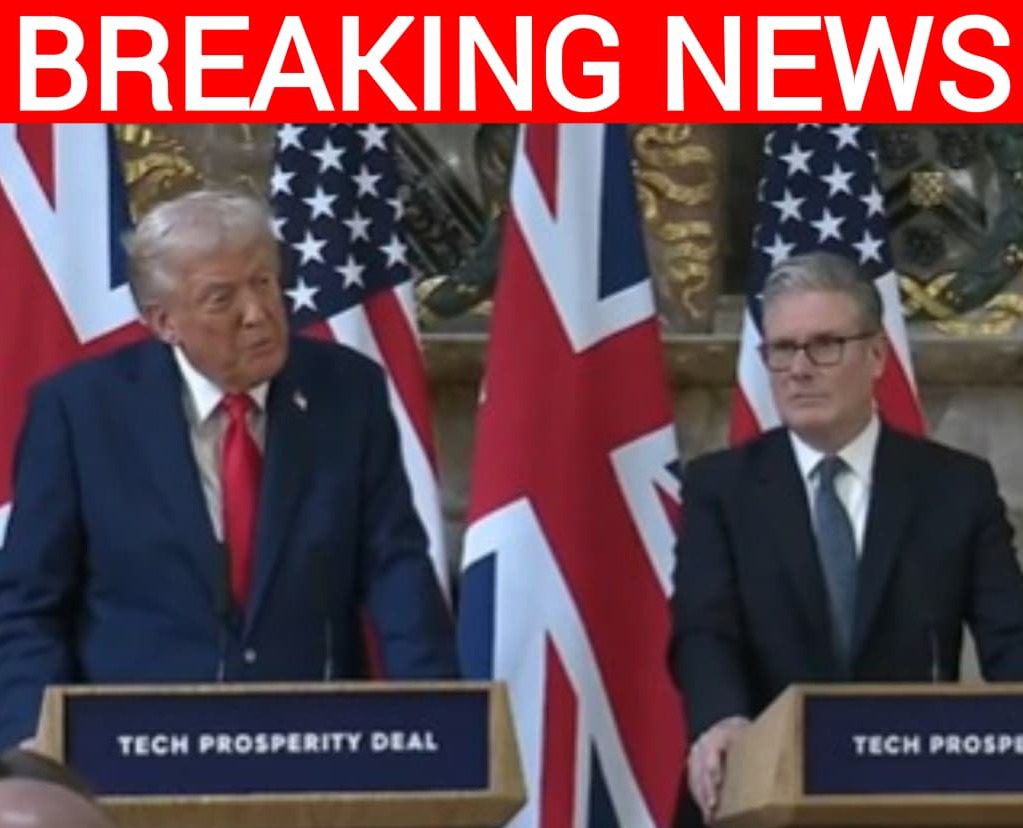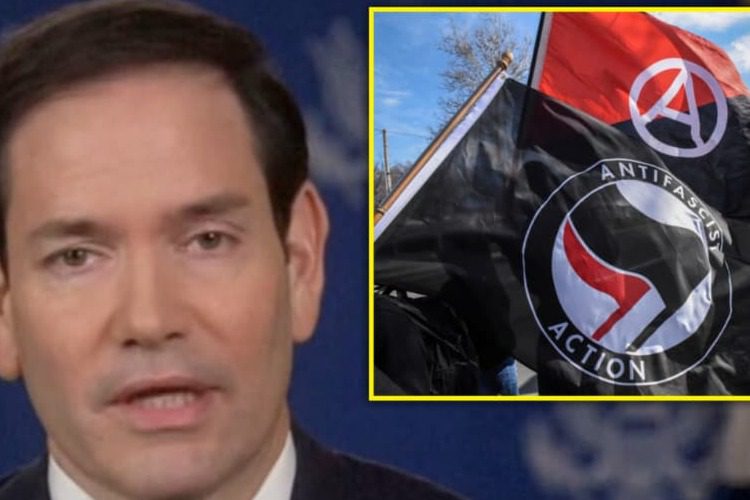President Trump Urges Prime Minister Starmer to Use Military Force to End Mass Migration Crash in UK
The latest remarks from President Donald Trump have once again put immigration at the center of international debate. During his recent visit to the United Kingdom, Trump made headlines by telling Prime Minister Keir Starmer that the country must “stop” mass migration, even if it means calling in the military. His comments, bold and unapologetic, sparked instant reactions from both supporters and critics.

Trump’s words carried a sense of urgency. “I told the Prime Minister I would stop it,” he said, describing migration as something that “destroys countries from within.” He made it clear that, in his view, the exact methods did not matter, suggesting that using military force was a valid option. For many, this was a shocking moment, not because immigration is a new issue in Britain, but because of how direct and uncompromising his advice was.
Britain has been dealing with complex migration challenges for years. Record numbers of people have crossed the English Channel in small boats, seeking asylum and a better life. The country has also accepted legal migrants and refugees, which has become a point of debate in politics and daily life. Prime Minister Keir Starmer has pledged to reform immigration policies and bring numbers under control, but until now his plans have focused on changes to the legal system, enforcement at the border, and international agreements, rather than military involvement.

Trump’s framing of the issue, though, cuts deeper than just policy details. By calling migration a force that can destroy a country from within, he tapped into fears and frustrations many people in both the United States and the UK feel about cultural change, economic strain, and security. His blunt approach highlights the contrast between those who see migration as a crisis and those who view it as a humanitarian duty.
What adds weight to his remarks is the broader political context. Trump has made immigration a core theme of his political identity in America, and now he’s pushing that same sense of urgency onto Britain. It raises difficult questions for the UK: What level of force, if any, is acceptable to manage borders? What does it mean for a nation’s values and commitments to human rights? And how will such rhetoric influence the direction of Britain’s government?

Of course, Trump’s claim that “millions of people” from prisons and institutions have entered countries will be heavily scrutinized. Critics argue that while migration numbers are high, such sweeping statements often lack nuance. Yet, the power of his words lies not in precision but in emotion. They paint a picture of crisis that demands immediate action.
For ordinary people reading and watching this play out, the effect is unsettling. Some may feel reassured by Trump’s call for strength, believing it’s time for firm action to protect borders and national culture. Others may feel anxious that such language risks pushing governments into harsh measures that could harm vulnerable people and damage international reputations.
No matter where one stands, there’s no denying the impact. Trump’s message to Starmer isn’t just about policy. It’s about identity, sovereignty, and the balance between compassion and control. It asks Britain to decide how far it is willing to go to manage migration and what kind of example it wants to set for the world.
As the debate unfolds, one thing is clear: this conversation is far from over. Britain now faces pressure not only from within its own borders but also from global figures like Trump, whose words will echo across headlines, talk shows, and political speeches. Whether Starmer follows that advice or firmly rejects it, the question of how to handle migration will remain one of the most defining challenges of his leadership.



